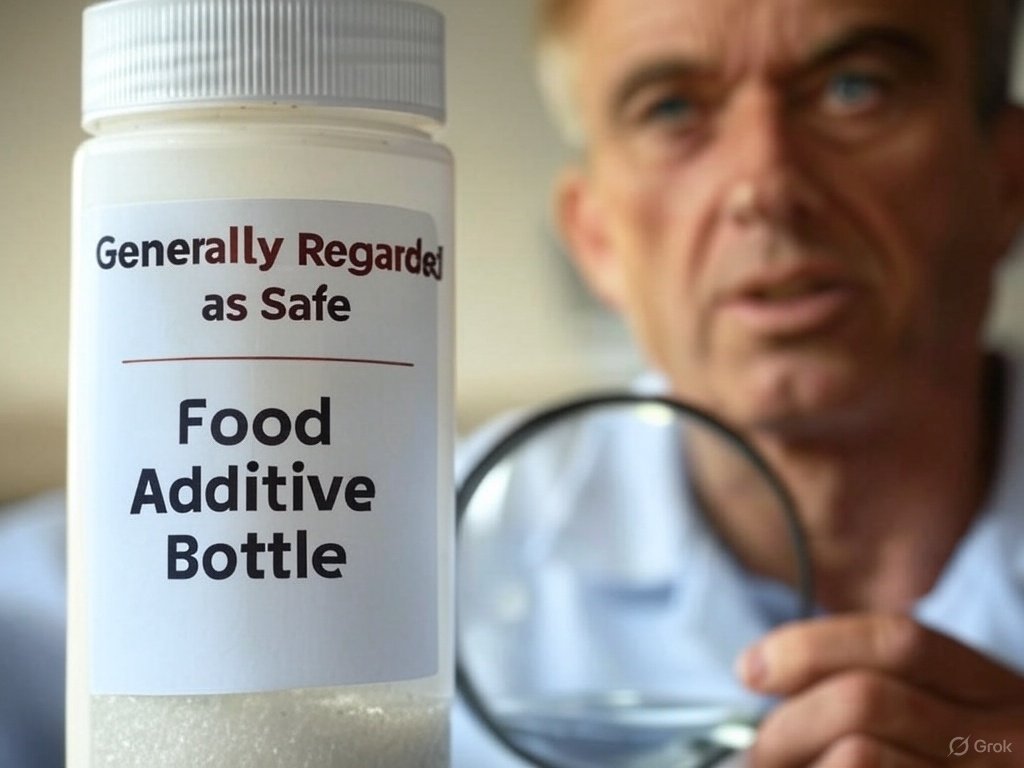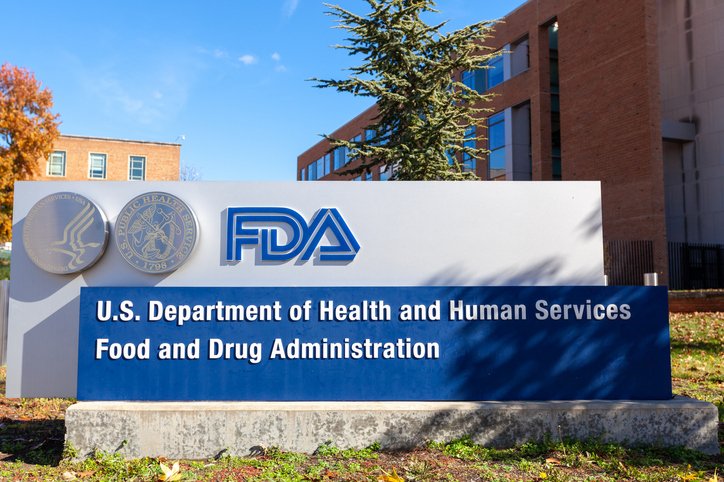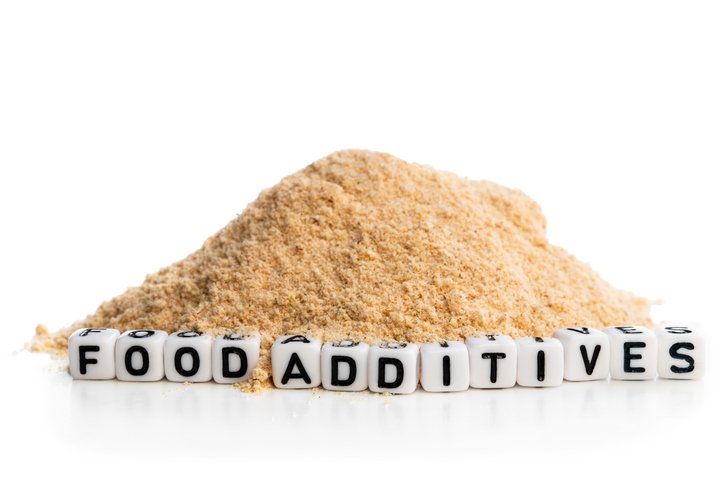From GRAS to Grassroots: Reforming America's Food Safety
In the United States, the term "Generally Regarded as Safe" (GRAS) refers to a regulatory designation established by the Food and Drug Administration (FDA) under the 1958 Food Additives Amendment to the Federal Food, Drug, and Cosmetic Act. This classification allows certain substances added to food—such as salt, sugar, or vinegar—to be exempt from the rigorous pre-market approval process required for new food additives, provided they are deemed safe based on a history of common use or scientific consensus among qualified experts. The intent was to streamline regulation for ingredients with a long track record of safety. However, over the decades, the GRAS framework has evolved into a system that critics argue has been exploited by industry, potentially compromising public health. In contrast, Europe employs a more centralized and precautionary approach to food safety, primarily through the European Food Safety Authority (EFSA), which imposes stricter oversight and requires comprehensive safety assessments for most additives. This comparison highlights stark differences in philosophy and execution, with recent statements from Robert F. Kennedy Jr. amplifying concerns about the U.S. system.
The GRAS process began with noble intentions. When it was introduced, it aimed to avoid unnecessary testing for substances like baking soda, which had been safely consumed for generations. However, a significant shift occurred in 1997 when the FDA introduced a voluntary notification system, allowing companies to self-determine whether a substance qualifies as GRAS. This "self-affirmed pathway," as Robert F. Kennedy Jr. has called it, means manufacturers can assess safety internally—often with little transparency or independent review—and notify the FDA without mandatory approval. Critics argue that this creates a loophole, enabling the introduction of thousands of chemicals into the food supply without robust scrutiny. A 2016 Government Accountability Office report estimated that over 1,000 GRAS substances had been added to foods without FDA notification, leaving regulators unaware of their presence, which contrasts sharply with Europe, where the EFSA evaluates and authorizes all food additives, requiring detailed toxicological data and public consultation before approval. Substances like artificial sweeteners or colorings, which might sail through GRAS in the U.S., often face bans or restrictions in Europe if evidence suggests potential harm.
Europe's system reflects the precautionary principle, a cornerstone of its regulatory framework. This principle mandates that if a substance poses a plausible risk—say, to neurological development or endocrine function—it cannot be used until proven safe. Take titanium dioxide, a whitening agent: the EFSA banned it in 2022 after studies linked it to possible genotoxicity, while it remains GRAS in the U.S. Similarly, certain synthetic food dyes, such as Red 40 and Yellow 5, are permitted under GRAS but restricted or banned in parts of Europe due to concerns about hyperactivity in children. The EFSA's process involves peer-reviewed studies, risk assessments, and a transparent authorization procedure, often taking years. In the U.S., a company might conclude a substance is GRAS in months, relying on industry-funded research with minimal public disclosure. This discrepancy has fueled debates about whether the U.S. prioritizes innovation and industry interests over consumer safety while Europe leans toward protectionism and precaution.
Robert F. Kennedy Jr., recently appointed as U.S. Health and Human Services Secretary has made the GRAS system a focal point of his agenda to overhaul food safety. In a video posted to X on March 13, 2025, he stated, "Not even the U.S. government knows what's in our food," criticizing the self-affirmed GRAS pathway as a mechanism that "allows food companies and cooperative regulators to dramatically enlarge the exemption." He directed the FDA to initiate rulemaking to block new GRAS designations without assessment and to reassess existing ones, aiming to "rapidly identify the compounds that are making Americans so sick." Kennedy's rhetoric aligns with his broader "Make America Healthy Again" campaign, which blames ultra-processed foods and lax regulation for chronic diseases. His stance echoes European skepticism toward untested additives, though his approach—threatening to dismantle parts of the FDA—diverges from Europe's methodical, centralized model. Critics of Kennedy worry his reforms could disrupt food supply chains, while supporters see him challenging a status quo that has prioritized corporate profit over public health.
Comparing outcomes, Europe's stricter regime correlates with lower rates of certain health issues tied to diet, like obesity and type 2 diabetes, though causation is complex and multifactorial. The U.S., with its permissive GRAS framework, boasts a food industry that drives innovation—think energy drinks or novel sweeteners—but at the cost of an obesity epidemic affecting over 40% of adults, per CDC data. Kennedy's recent statements suggest he wants to borrow from Europe's playbook, advocating for bans on additives illegal there, like certain emulsifiers he claims "are making our kids sick." However, Europe's system isn't flawless: its caution can stifle innovation, and harmonizing regulations across 27 nations often delays action.
In conclusion, the GRAS system and Europe's EFSA-led approach represent two ends of the regulatory spectrum: one decentralized and industry-friendly, the other precautionary and state-driven. Kennedy's critique, rooted in his March 2025 directives, positions him as a disruptor seeking to close the GRAS loophole and align U.S. policy closer to Europe's vigilance. Whether he succeeds depends on navigating a polarized Congress, industry pushback, and the public’s involvement.




